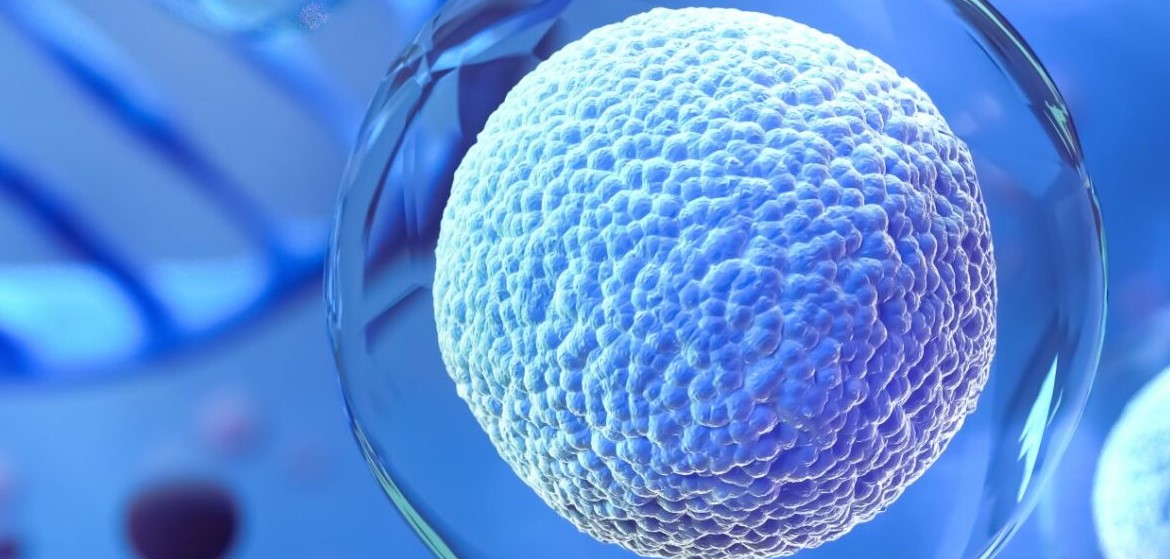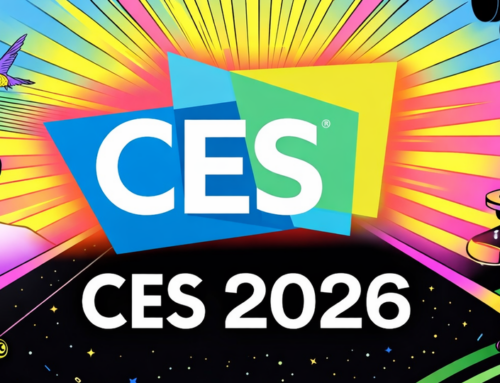June_Regenerative Medicine|Regenerative medicine outlook is promising, regenerative medicine law helps Taiwan factories to upgrade
The era of regenerative medicine is approaching. Regenerative medicine is one of the practical solutions that human beings have pinned on the ideal of completely curing diseases. It is a solution that utilizes genes, cells, and their derivatives to treat, repair, or replace cells, tissues, and organs of the human body, such as using genes, cells, and their derivatives to produce cell-based drugs, or utilizing cells to produce organs of body tissues for the purpose of curing diseases, and is moving towards clinical applications from the dual tracks of medical technology and new drug development. Cells are the cornerstone of the human body. Cells are the cornerstone of the human body, and both genes, cells, and their derivatives are cell-based technologies. Biotech-medical experts have made a global start through regenerative medicine technology innovation and development, and their technological innovations include cell therapy, cell gene therapy (CGT), gene therapy, and tissue engineering therapy (Tissue Engineering Therapy). Tissue engineering therapy, as well as Novel medical devices such as organ-on-a-chip or artificial organs that extend from gene, cell and tissue to organ engineering. Cellular therapy is the process of transforming cells into drugs (cellular agents) for the treatment and repair of human diseases. Through the use of new, healthy cells from the human body, homozygous, or heterozygous (non-human) cells that are cultured ex vivo and then imported back into the human body, cellular therapy can be used to replace diseased or damaged cells, or to stop and reverse diseases, such as in the case of a cancer patient, whereby a specific immune cell is extracted from the patient's body, separated, cultured, expanded in number, and then reused to treat a disease or to prevent a disease. For example, in the case of cancer patients, specific immune cells are extracted and isolated from their bodies, cultured externally, expanded in number and strengthened in function, and then injected back into the patient's body with cellular preparations to treat the cancerous cells. Alternatively, cells can be used as a tool for medical treatment, and artificial body tissues or organs can be made from cells to regenerate, repair, reorganize, and replace damaged cells, tissues, or organs to migrate, and then completely cure the patient's defects in tissues or organs. In view of this, regenerative medicine is an advanced medical science, and products using cells as the core of medical treatment are characterized by high technological threshold, high innovation potential, high clinical effectiveness, and customization of products, and have become an emerging field of innovative treatments in which biotechnology and pharmaceutical companies are competing to set up their business.








